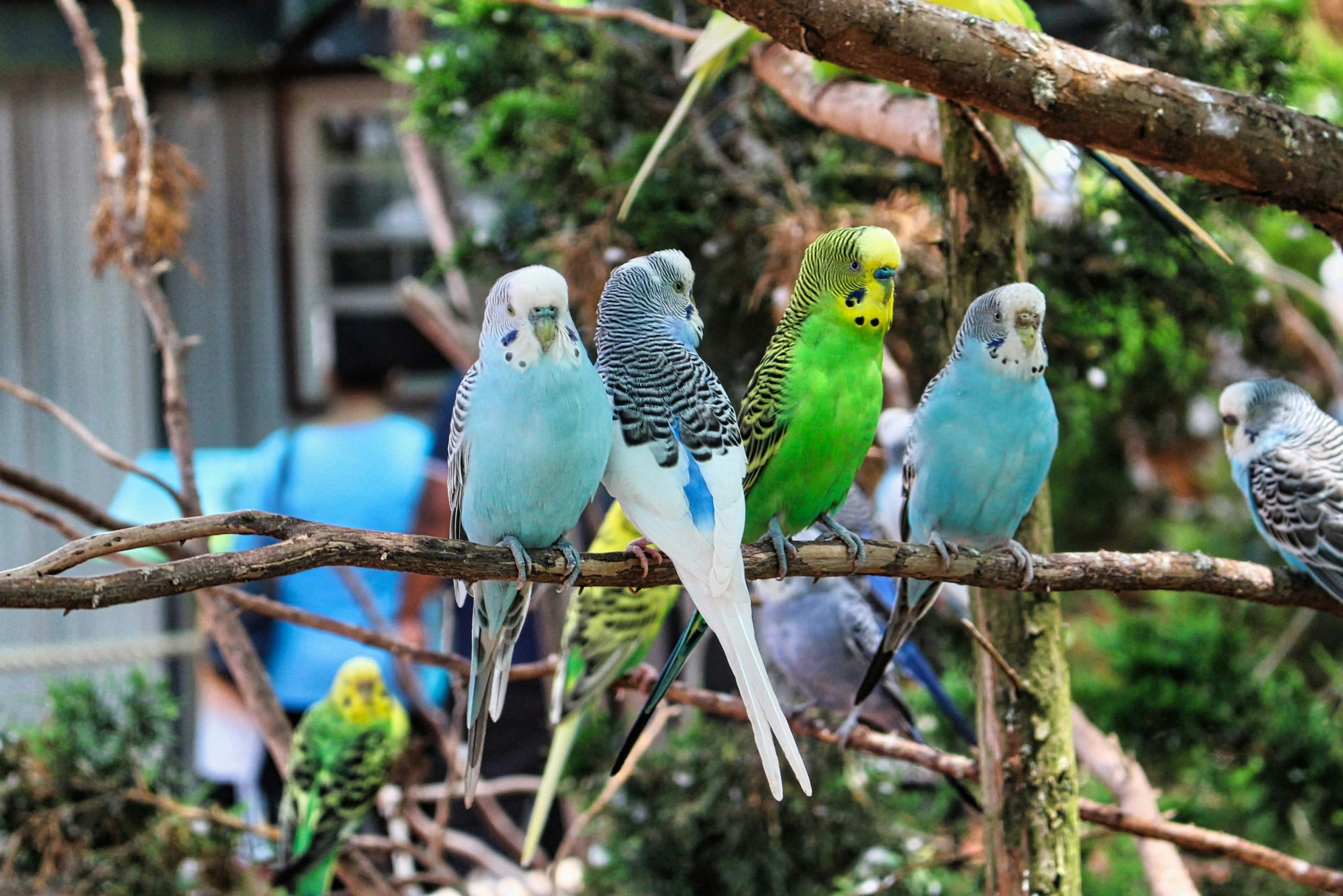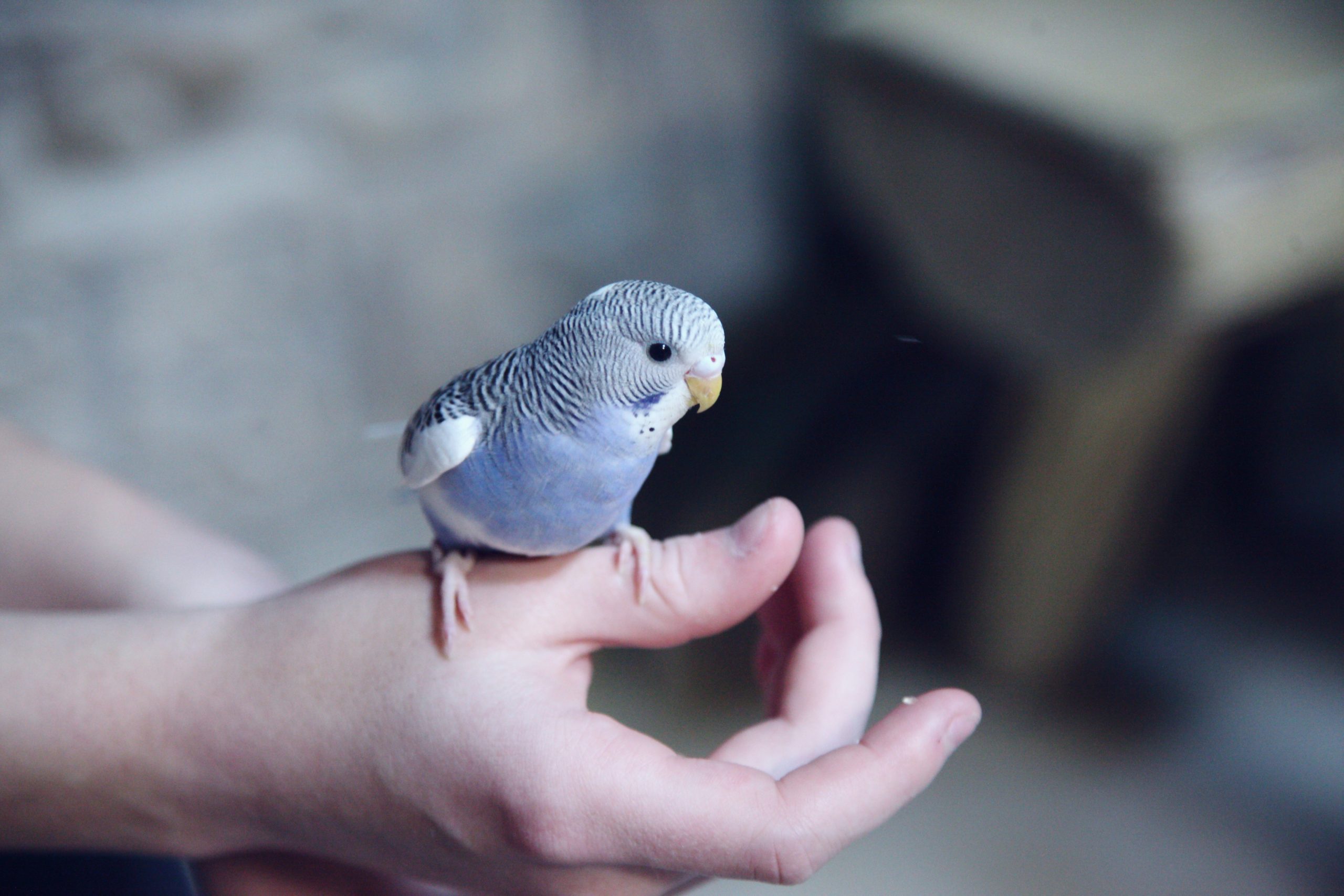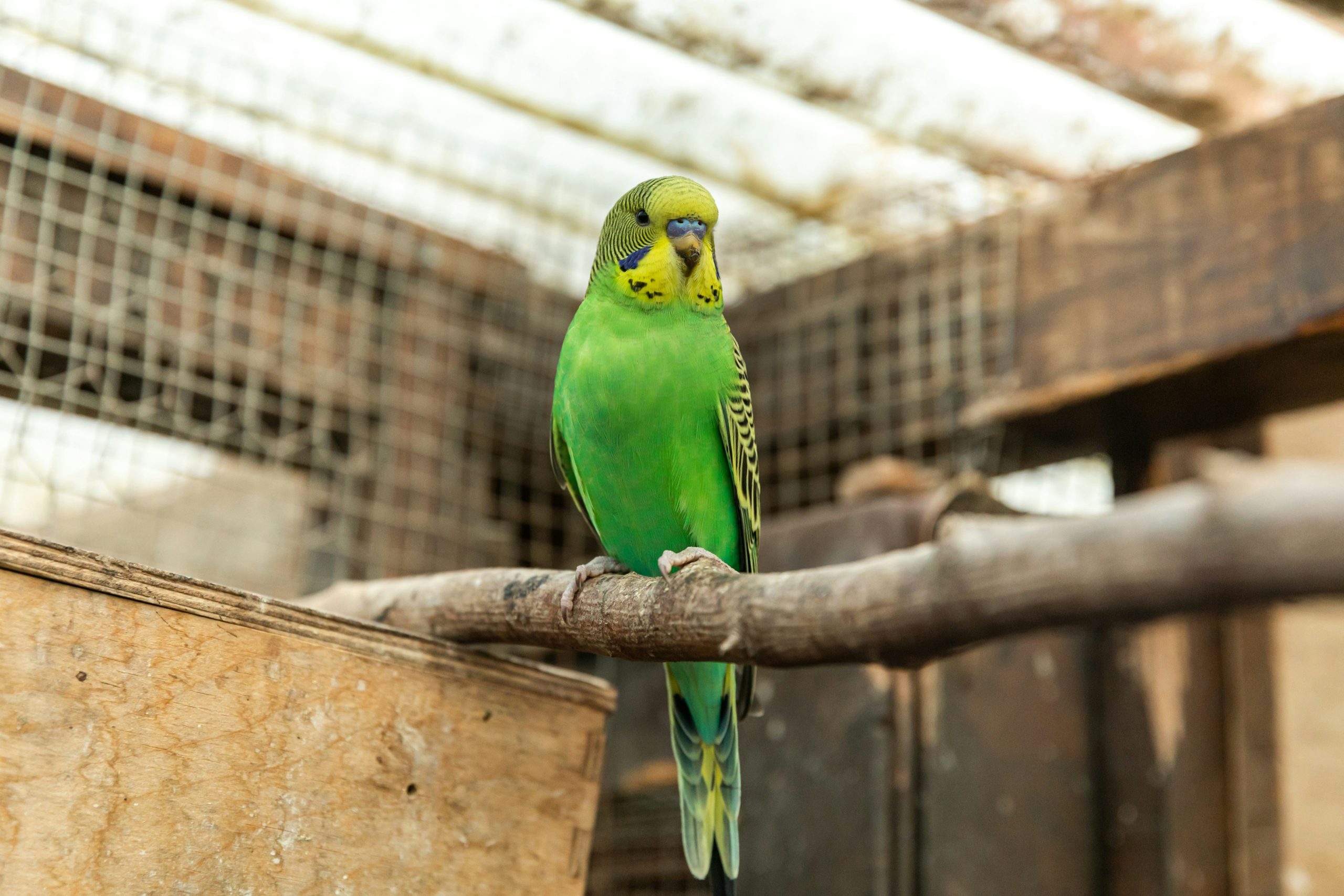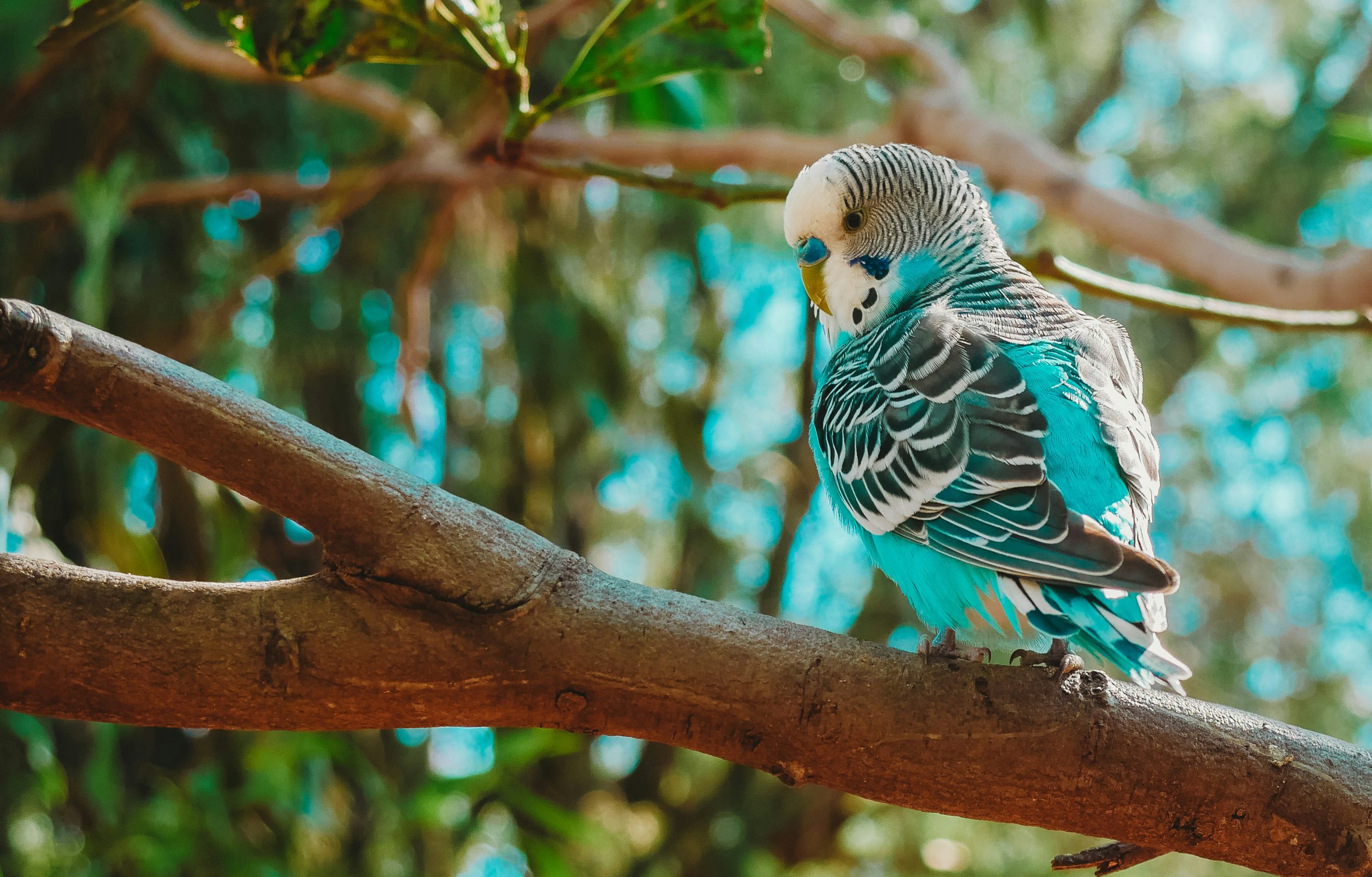Yes, can budgies eat pumpkin. It’s safe in small amounts as an occasional treat. Remove seeds and skin.
Expert Opinion on Pumpkin for Budgies:
A Fall Favorite (With a Few Cautions): Avian veterinarians generally agree that pumpkin flesh can be a safe and healthy occasional treat for budgies in moderation. Here’s why it offers some benefits:
- Vitamin Powerhouse: Pumpkin flesh is rich in Vitamin A (through beta-carotene) which supports healthy vision in budgies.
- Fiber for Digestion: The fiber content in pumpkin can aid in a budgie’s digestion.
- Hydration Helper: The high water content in pumpkin can contribute to a budgie’s hydration, especially in hot weather.
Seeds are Off-Limits: However, experts warn against offering pumpkin seeds to budgies due to:
- Choking Hazard: Small pumpkin seeds can pose a choking hazard for budgies.
- Digestive Issues: Seeds are difficult for budgies to digest and can cause intestinal blockages.
Moderation is Key: Overall, moderation is crucial when offering pumpkin to budgies:
- Diarrhea Risk: Too much pumpkin can cause diarrhea in budgies due to its high fiber content.
- Balanced Diet: Pumpkin should be a rare treat, not a staple food. A budgie’s primary diet should consist of pellets, seeds, and other safe vegetables.
Consulting an Avian Vet: If you’re unsure about introducing pumpkin to your budgie’s diet or notice any changes in their health after consuming it, consult a qualified avian veterinarian. They can provide personalized advice based on your budgie’s specific needs and health conditions.
Case Study: The Picky Eater with a Runny Tummy
Here’s a fictionalized case study to illustrate the importance of moderation with pumpkin:
- Patient: Cheeky, a young budgie with a history of picky eating.
- Symptoms: Watery droppings, lethargy, and loss of appetite.
- Cause: The owner, trying to encourage Cheeky to eat more vegetables, offered him a large piece of raw pumpkin with seeds.
- Treatment: The veterinarian diagnosed mild diarrhea caused by excessive pumpkin intake. They prescribed medication to manage the symptoms and recommended a more balanced diet with limited pumpkin.
- Outcome: Cheeky recovered quickly after a few days of medication and transitioned back to a healthy diet with occasional, properly prepared pumpkin flesh as a treat.
Lessons Learned:
- Pumpkin flesh can be a safe treat for budgies in moderation, but seeds are strictly off-limits.
- Proper preparation (removing all seeds and offering a small amount) is crucial when offering pumpkin to budgies.
- Always monitor your budgie’s droppings and adjust food intake based on their response.
- Consult a vet if you notice any signs of digestive upset after your budgie consumes something new.
Note: This case study is for illustrative purposes only and should not be taken as a substitute for professional veterinary advice.
What Is Pumpkin?
Pumpkin is a type of squash that belongs to the Cucurbitaceae family. It is a popular gourd-like fruit (technically, a berry) that is widely cultivated and consumed around the world. Pumpkins are typically orange or yellow, with a thick rind and fleshy interior filled with seeds.
Can Budgies Eat Pumpkin?
The short answer is yes, budgies can eat pumpkin in moderation. Pumpkin is a nutritious and safe food for these feathered friends. However, it’s essential to introduce it to their diet gradually and in appropriate portions to avoid any digestive issues.
The Benefits Of Feeding Pumpkin To Budgies
Pumpkin offers several health benefits for budgies, making it a valuable addition to their diet:
1. Rich in Vitamins and Minerals
Pumpkin is an excellent source of various vitamins and minerals, including:
- Vitamin A: Essential for healthy vision, skin, and feather development.
- Vitamin C: Boosts the immune system and aids in the absorption of iron.
- Potassium: Helps maintain proper muscle and nerve function.
- Magnesium: Supports bone health and energy production.
2. Dietary Fiber
Pumpkin is rich in both soluble and insoluble fiber, which promotes healthy digestion and prevents constipation in budgies.
3. Antioxidants
Pumpkin contains antioxidants like beta-carotene and vitamin E, which help neutralize free radicals and support overall health.
4. Low in Fat and Calories
Pumpkin is a low-fat and low-calorie food, making it a suitable treat for budgies without contributing to obesity or related health issues.
Things To Watch Out For When Feeding Pumpkin To Budgies
While pumpkin is generally safe for budgies, there are a few things to keep in mind:
- Introduce pumpkin gradually to their diet to avoid digestive upset.
- Avoid feeding pumpkin that has been seasoned or cooked with added salt, sugar, or spices.
- Remove any stringy or fibrous parts of the pumpkin, as they can be difficult for budgies to digest.
How Often Should Pumpkin Be Given To Budgies?
Pumpkin should be offered as an occasional treat or supplement to budgies’ regular diet, which should primarily consist of high-quality seed mix and fresh vegetables. A small amount (a teaspoon or two) once or twice a week is generally safe.
How To Feed Pumpkin To Budgies
There are several ways to incorporate pumpkin into your budgie’s diet:
- Offer small chunks or slices of fresh, raw pumpkin flesh.
- Bake or steam pumpkin and mash it before serving.
- Mix cooked or mashed pumpkin with their regular seed mix.
- Provide pumpkin seeds as a standalone treat or mixed with their regular seed mix.
Remember to remove any uneaten pumpkin from their cage to prevent spoilage and potential health issues.
Can Budgies Eat Pumpkin Skin?
While the pumpkin skin is safe for budgies to consume, it is generally recommended to remove it before feeding. The skin can be tough and difficult for budgies to digest, potentially leading to digestive issues or blockages.
Raw Or Cooked Pumpkin – Which Is Best For Budgies?
Both raw and cooked pumpkin can be offered to budgies, but there are some differences:
- Raw pumpkin: Raw pumpkin provides the maximum nutritional value and retains all the natural enzymes and vitamins. However, it can be harder for budgies to digest due to its fibrous texture.
- Cooked pumpkin: Cooked pumpkin is easier for budgies to digest as the cooking process breaks down the tough fibers. However, some nutrients may be lost during the cooking process.
It’s generally recommended to offer a combination of both raw and cooked pumpkin to provide a balanced diet and allow budgies to enjoy the benefits of each.
Can Parakeets Eat Pumpkin? What You Need to Know
Parakeets, also known as budgies or budgerigars, are popular pet birds known for their vibrant colors and playful personalities. As with any pet, it’s essential to understand their dietary needs and provide them with a balanced and nutritious diet. One food item that often raises questions among parakeet owners is pumpkin. In this article, we’ll explore whether parakeets can eat pumpkin, its potential benefits, and any precautions to consider.
Table: Nutritional Value of Pumpkin
| Nutrient | Amount (per 100g) |
|---|---|
| Energy | 26 kcal |
| Protein | 1 g |
| Fat | 0.1 g |
| Carbohydrates | 6.5 g |
| Fiber | 0.5 g |
| Vitamin A | 7384 IU |
| Vitamin C | 9 mg |
| Vitamin E | 1.06 mg |
| Potassium | 340 mg |
| Magnesium | 12 mg |
Table: Foods to Avoid Feeding Budgies
| Food | Reason |
|---|---|
| Avocado | Contains a toxin called persin, which can be fatal to birds |
| Chocolate | Contains caffeine and theobromine, which are toxic |
| Alcohol | Highly toxic and can cause severe health issues |
| Salty or sugary snacks | High in sodium and sugar, leading to obesity and other problems |
| Onions and garlic | Contain compounds that can damage red blood cells |
| Mushrooms | Potential toxicity, especially if not thoroughly cooked |
| Uncooked beans | Contain compounds that can be toxic and cause digestive issues |
By being mindful of the foods you offer your budgie and providing a balanced and nutritious diet, you can ensure their optimal h
Benefits of Pumpkin For Your Parakeet
Pumpkin can be a valuable addition to your parakeet’s diet, offering several nutritional benefits:
1. Rich in Vitamin A
Pumpkin is an excellent source of vitamin A, which is essential for maintaining healthy vision, feather development, and overall growth in birds.
2. Dietary Fiber
Pumpkin contains both soluble and insoluble fiber, which aids in digestion and prevents constipation in parakeets.
3. Antioxidants
The presence of antioxidants like beta-carotene and vitamin E in pumpkin helps support a strong immune system and overall health.
4. Low in Fat and Calories
Pumpkin is a low-fat and low-calorie food, making it a suitable treat for parakeets without contributing to obesity or related health issues.
Should I peel my skin before giving pumpkin to my Parakeets?
While the pumpkin skin is safe for parakeets to consume, it is generally recommended to remove it before feeding. The skin can be tough and difficult for parakeets to digest, potentially leading to digestive issues or blockages.
Can Parakeets eat pumpkin raw?
Yes, parakeets can eat raw pumpkin. Raw pumpkin provides the maximum nutritional value and retains all the natural enzymes and vitamins. However, it can be harder for parakeets to digest due to its fibrous texture. It’s best to introduce raw pumpkin gradually and in small amounts to avoid digestive upset.
Can birds eat cooked pumpkins?
Cooked pumpkin is also safe for parakeets to consume. Cooked pumpkin is easier for parakeets to digest as the cooking process breaks down the tough fibers. However, some nutrients may be lost during the cooking process. It’s generally recommended to offer a combination of both raw and cooked pumpkin to provide a balanced diet and allow parakeets to enjoy the benefits of each.
How much pumpkin can you feed parakeets?
As with any treat or supplemental food, pumpkin should be offered in moderation to parakeets. A general guideline is to provide a small amount (a teaspoon or two) once or twice a week as part of a balanced diet. Overfeeding pumpkin can lead to digestive issues or obesity.
Can parakeets eat sprouted seeds?
Yes, parakeets can eat sprouted seeds, which are a healthy and nutritious addition to their diet. Sprouted seeds are easy to digest and provide a good source of vitamins, minerals, and enzymes. However, it’s important to sprout the seeds properly and introduce them gradually to your parakeet’s diet.
The Negatives Of Parakeets Eating Pumpkins
While pumpkin offers several health benefits, there are a few potential negatives to consider:
1. Digestive Issues
If introduced too quickly or in large quantities, pumpkin can cause digestive upset or diarrhea in parakeets due to its high fiber content.
2. Pesticide Residue
If the pumpkin is not organically grown, it may contain residual pesticides or chemicals that can be harmful to parakeets.
3. Mold or Spoilage
Pumpkin can spoil quickly, especially if left at room temperature. Moldy or spoiled pumpkin can be toxic to parakeets and should be avoided.
The Take-Away on Parakeets Eating Pumpkins
In moderation, pumpkin can be a healthy and nutritious addition to a parakeet’s diet, providing essential vitamins, minerals, fiber, and antioxidants. However, it’s crucial to introduce pumpkin gradually, remove the skin, and avoid any seasoned or processed pumpkin products. As with any new food, it’s recommended to consult with an avian veterinarian or experienced bird owner to ensure your parakeet’s dietary needs are met safely and appropriately.
Conclusion
In conclusion, pumpkin can be a nutritious and beneficial addition to a budgie’s diet when offered in moderation and in appropriate portions. Its rich vitamin and mineral content, dietary fiber, antioxidants, and low-fat content make it a valuable treat for these feathered friends. However, it’s essential to introduce pumpkin gradually, remove the skin, and avoid any seasoned or processed pumpkin products to prevent digestive issues or other health complications.
Offering a combination of raw and cooked pumpkin can provide budgies with a balanced source of nutrients while accommodating their digestive needs. Remember to remove any uneaten pumpkin promptly to prevent spoilage and maintain a clean and healthy environment for your beloved pets.
As with any dietary change, it’s always recommended to consult with an avian veterinarian or experienced bird owner to ensure your budgie’s specific nutritional requirements are met safely and effectively.
FAQs
What can budgies eat?
Budgies can eat a variety of foods including seeds, pellets, fresh fruits like apples and berries, and vegetables like carrots and leafy greens.
Can budgies eat cilantro?
Yes, budgies can eat cilantro. It’s safe and nutritious for them to consume as part of a balanced diet.
Can budgies eat watermelon?
Yes, budgies can eat cilantro. It’s safe and nutritious for them to consume as part of a balanced diet.
Can budgies eat strawberries?
Yes, budgies can eat strawberries in moderation. They provide essential vitamins and minerals but should be given as an occasional treat due to their sugar content.
Can budgies eat bananas?
Yes, budgies can eat bananas. They are a good source of nutrients like potassium and vitamin C, but should be given in moderation due to their sugar content.
Can budgies eat grapes?
Yes, budgies can eat grapes, but they should be given in moderation as a treat. Remove seeds before feeding to avoid choking hazards.
Can budgies eat cucumber?
Yes, budgies can eat cucumber. It’s a hydrating and low-calorie snack that provides some nutrients. Ensure it’s washed thoroughly and cut into small, manageable pieces.
Can budgies eat broccoli?
Yes, budgies can eat broccoli. It’s a nutritious vegetable rich in vitamins and minerals. Serve it in small, finely chopped pieces as part of a balanced diet.
Can budgies eat pomegranate?
Yes, budgies can eat pomegranate. It’s a nutritious fruit rich in antioxidants and vitamins. Offer it in small amounts, ensuring all seeds are removed before feeding.
Can budgies eat parsley?
Yes, budgies can eat parsley. It provides essential vitamins and minerals. Offer it in small amounts as part of a varied diet, ensuring it’s thoroughly washed.
Can Budgies Eat Pumpkin Seeds?
Yes, budgies can eat pumpkin seeds, which are a great source of protein, healthy fats, and various minerals like iron, zinc, and magnesium. However, it’s crucial to feed pumpkin seeds in moderation as they are high in fat and can lead to obesity if consumed in excess.
Is raw pumpkin safe for birds?
Yes, raw pumpkin is safe for birds, including budgies and parakeets. Raw pumpkin provides the maximum nutritional value and retains all the natural enzymes and vitamins. However, it can be harder for birds to digest due to its fibrous texture. It’s best to introduce raw pumpkin gradually and in small amounts to avoid digestive upset.
How do you prepare a pumpkin for budgies?
To prepare pumpkin for budgies, you can follow these steps:
- Wash the pumpkin thoroughly to remove any dirt or residue.
- Cut the pumpkin into small chunks or slices, removing the skin and seeds if desired.
- You can offer the raw pumpkin chunks or cook them by baking or steaming.
- If cooking, mash or purée the cooked pumpkin before serving.
- Mix the pumpkin with their regular seed mix or offer it as a standalone treat.
How do you feed birds with pumpkins?
There are several ways to feed birds with pumpkins:
- Cut the pumpkin into slices or chunks and place them in bird feeders or on feeding platforms.
- Carve out the pumpkin and fill the hollowed-out portion with bird seed, allowing birds to eat the pumpkin flesh and seeds.
- Make a pumpkin seed feeder by stringing pumpkin seeds onto a sturdy cord or hanging them in a mesh bag.
- Mix cooked or mashed pumpkin with bird seed or suet to create a nutrient-dense treat.
What should budgies not eat?
Budgies should avoid certain foods that can be harmful or toxic to them, including:
- Avocado
- Chocolate
- Caffeine
- Alcohol
- Salty or sugary snacks
- Onions and garlic
- Mushrooms
- Uncooked beans or legumes
What is budgies Favourite food?
Budgies’ favorite foods typically include:
- Millet seeds (their staple food)
- Fresh vegetables like kale, spinach, and carrots
- Fruits like apples, berries, and melons
- Sprouted seeds
- Whole grains like quinoa or brown rice
What do budgies love?
Budgies love a variety of things, including:
- Toys and foraging activities to keep them mentally stimulated
- Interaction and socialization with their owners
- A clean and comfortable living environment
- Opportunities to bathe and preen
- A varied and nutritious diet
How do you make budgies happy?
To make budgies happy, you can:
- Provide a spacious and well-equipped cage
- Offer a variety of toys and perches for mental stimulation
- Allow for out-of-cage time for exercise and bonding
- Maintain a consistent routine for feeding and cage cleaning
- Socialize and interact with them regularly
What are the easy tricks for budgies?
Some easy tricks you can teach budgies include:
- Step-up: Training them to step onto your hand or perch on command
- Wave: Teaching them to wave their foot or wing when prompted
- Ring a bell: Ringing a small bell to receive a treat
- Turn around: Training them to turn around on command
How to make budgie snacks?
You can make healthy and nutritious snacks for budgies by:
- Incorporating fresh fruits and vegetables like apple slices, carrot sticks, or leafy greens
- Offering whole grains like sprouted seeds, quinoa, or brown rice
- Creating birdseed or millet-based treats by baking or dehydrating them
- Providing cooked and mashed pumpkin or sweet potato as a treat
What are the best seeds for birds?
Some of the best seeds for birds include:
- Millet seeds (a staple for many bird species)
- Sunflower seeds (provide protein and healthy fats)
- Safflower seeds (popular with finches and cardinals)
- Nyjer or thistle seeds (a favorite of finches and siskins)
- Flax seeds (a good source of omega-3 fatty acids)
Can parrots eat raw pumpkin seeds?
Yes, parrots, including budgies and parakeets, can eat raw pumpkin seeds. Pumpkin seeds are a good source of protein, healthy fats, and various minerals like iron, zinc, and magnesium. However, it’s important to feed pumpkin seeds in moderation as they are high in fat and can lead to obesity if consumed in excess.
Can humans eat pumpkin seeds?
Yes, humans can eat pumpkin seeds, and they offer numerous health benefits. Pumpkin seeds are a rich source of protein, healthy fats, fiber, antioxidants, and various vitamins and minerals like zinc, magnesium, and iron. They can be eaten raw, roasted, or added to various dishes and snacks.
How do you give a budgie water?
To give a budgie water, you should:
- Provide a clean water dish or bottle in their cage.
- Change the water daily to ensure freshness.
- Use a shallow dish or sipper bottle to prevent spills and maintain cleanliness.
- Consider offering a separate dish for bathing if desired.
How do you towel a budgie?
To towel a budgie, follow these steps:
- Prepare a soft, clean towel or cloth.
- Gently scoop up the budgie and wrap it loosely in the towel.
- Keep the budgie’s head uncovered and provide enough space for it to breathe comfortably.
- Hold the towel-wrapped budgie against your body for warmth and security.
- Proceed with necessary tasks like nail trimming or medical treatments.
What fruits can budgies eat?
Budgies can eat a variety of fresh fruits in moderation, including:
- Bananas
- Berries (strawberries, blueberries, raspberries)
- Melons (cantaloupe, honeydew)
- Oranges (remove seeds and peel)
- Mango
- Papaya
- Grapes (cut in half to prevent choking)
It’s essential to introduce new fruits gradually and remove any seeds or pits, which can be harmful if ingested. Additionally, avoid feeding budgies dried fruits, as they are high in sugar and can cause digestive issues.




